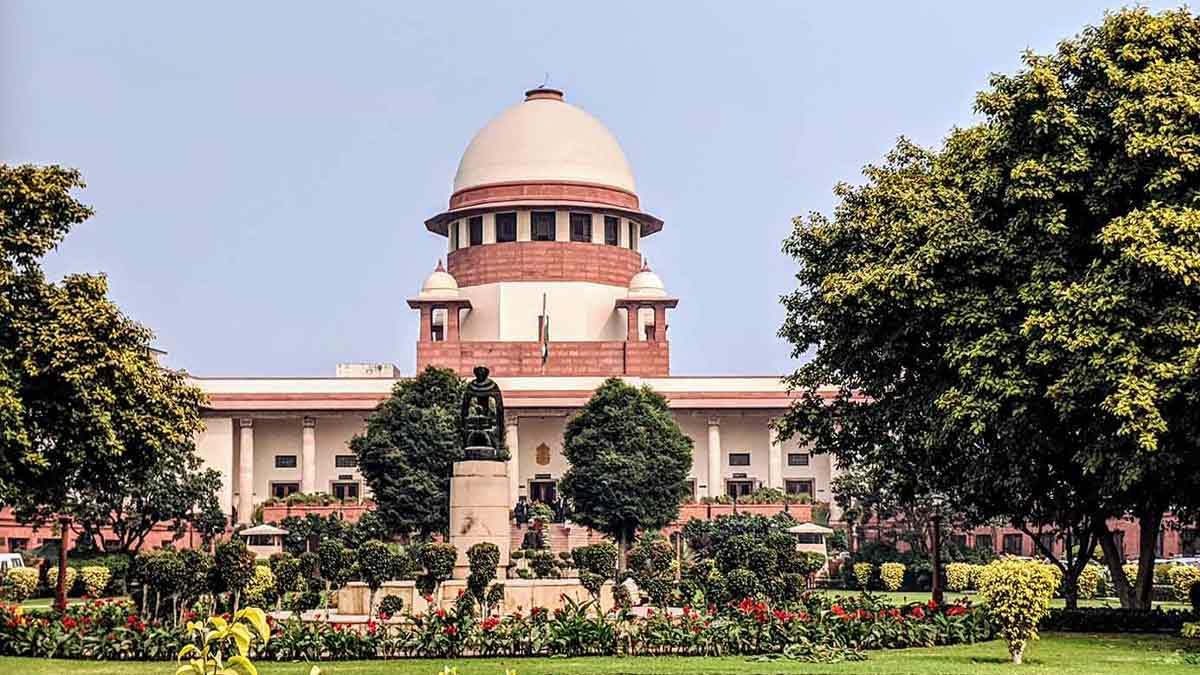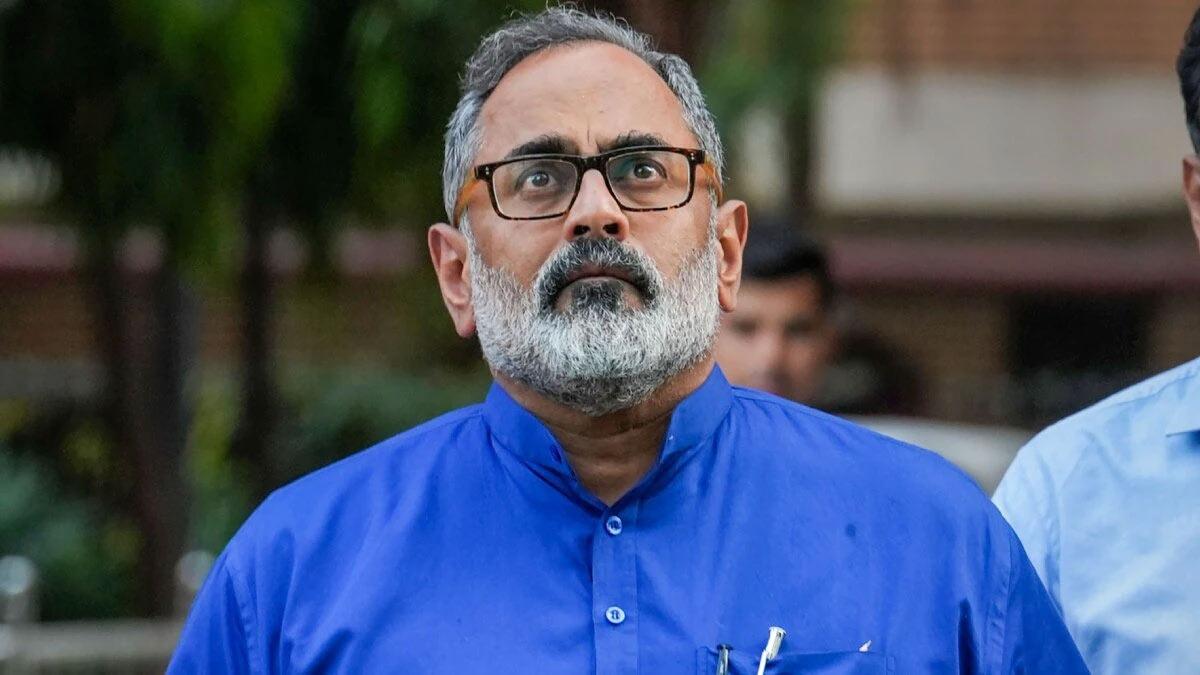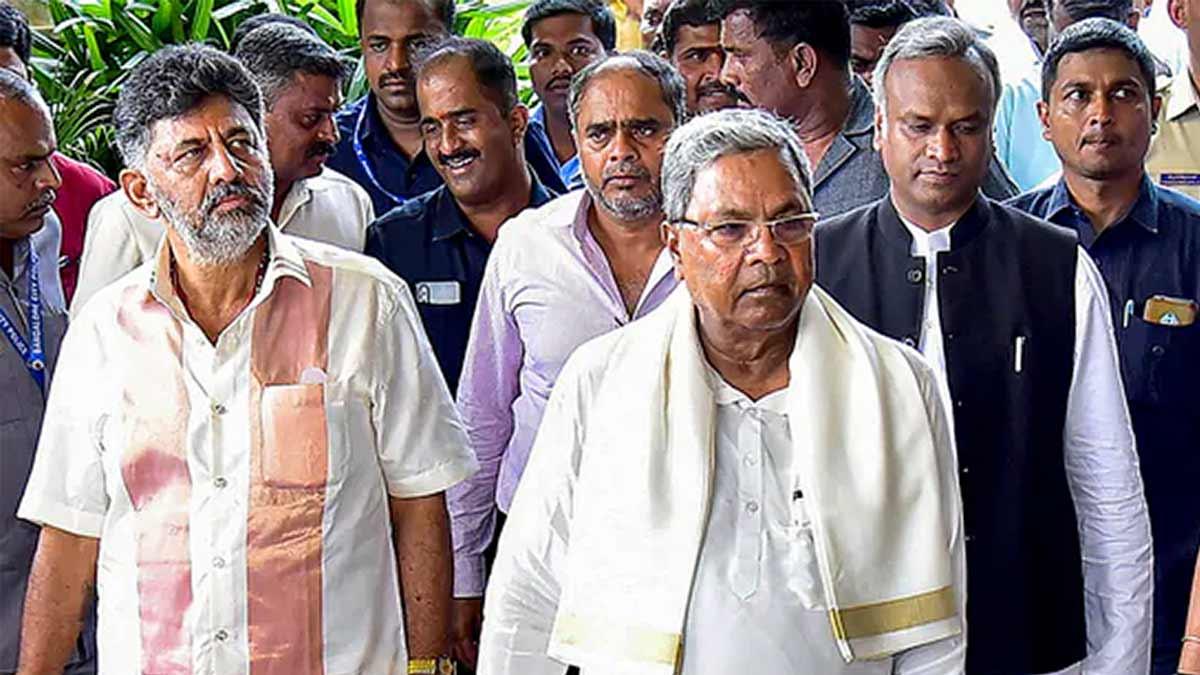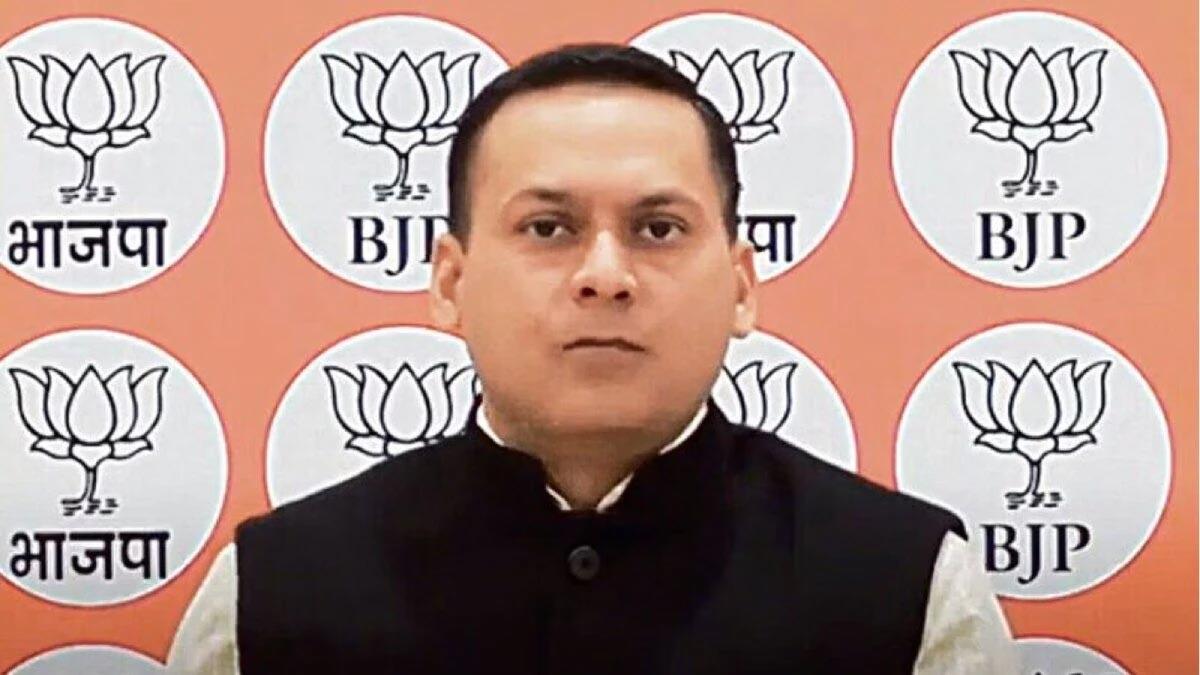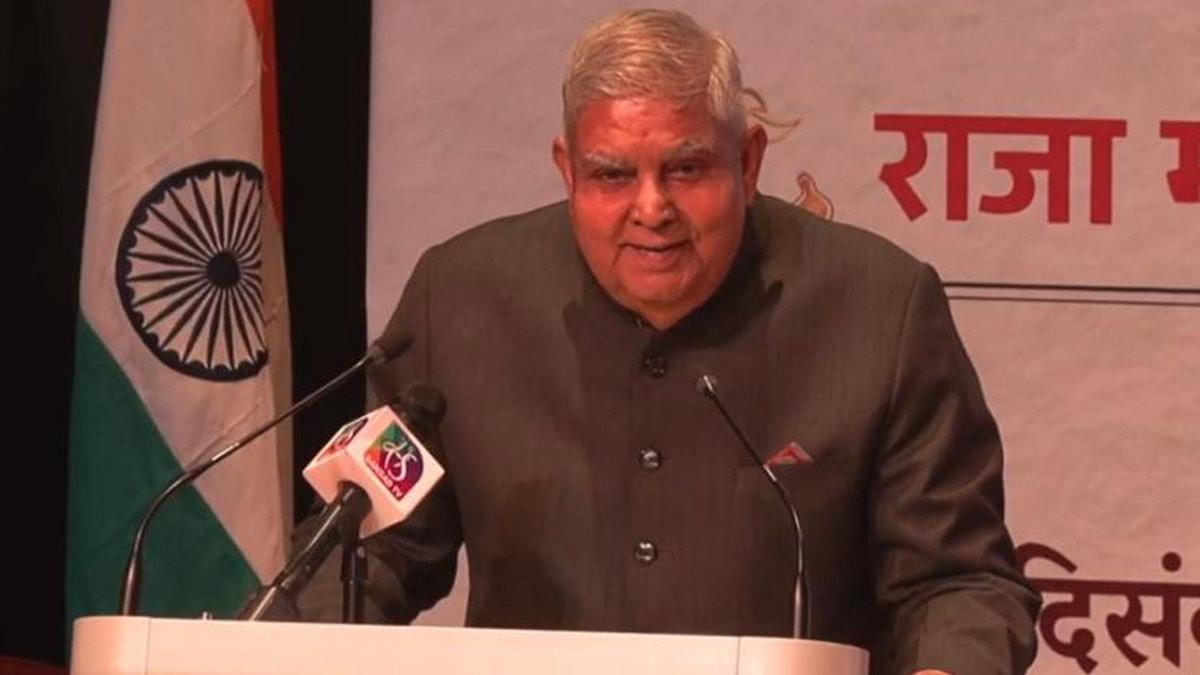Supreme Court on Monday declined to hear a new petition challenging recent Waqf Act, 1995, amendments.
A bench led by Chief Justice of India (CJI) Sanjiv Khanna informed the petitioner that it would not entertain multiple petitions on the same cause. The bench suggested the petitioner to move an intervention application in the existing petitions challenging the Waqf (Amendment) Act, 2025, if advised.
On April 17, in the previous hearing, the CJI Khanna-bench had directed five writ petitions to be heard as lead cases and any further pleas to be disposed of as applications for intervention. The highest court also directed the apex court registry to retitle the titles of the cause in the proceedings as "In Re: The Waqf (Amendment) Act, 2025."
The three-judge bench, consisting of Justices Sanjay Kumar and K.V. Viswanathan, gave one week's time to the Centre, state governments, and the Waqf Boards to file their initial responses.
During the hearing, the Union government assured the court that it will not tinker with provisions relating to 'waqf by user' or grant membership to non-Muslim members in the Waqf Boards.
The case has been fixed for hearing once more on May 5. The Supreme Court added that the subsequent hearing would be of preliminary hearings, and interim orders could be passed if needed.
In its first affidavit, the Centre explained that the amendments were introduced to curb the misuse of waqf law, which had led to encroachments on government and private land. The Ministry of Minority Affairs stated that the amendments aim to ensure proper administration and transparency of the Waqf Boards in India.
The Centre also mentioned a 116% increase in the area of waqf properties post-2013 amendment and brought concerns over the lack of transparent working of Waqf Boards, with the majority of them not putting up complete information online.
The Centre's reaction to the Union government emphasized that under the previous regime, no safety measures were in place for preventing government and private properties from being erroneously classified as waqf properties. These are being addressed by the new regulations under Sections 3A, 3B, and 3C, the Centre explained.
The Waqf (Amendment) Act, 2025, was passed by the government with a view to reforming the administration of waqf properties along the lines of transparency, efficiency, and inclusiveness. The reforms, it asserted, target the administrative and governance aspects of waqf institutions such as property management and record-keeping without impacting religious practices or Islamic principles.
The Centre also made sure that there was a thorough analysis on both the executive and Parliamentary sides prior to suggesting the amendment so as to reduce the problems with the earlier legislation. It also made sure that religious right of making a dedication continues and management of waqf properties continues to be with mutawalli since the purpose behind establishing waqf had attempted to retain the same.
Read also| J-K Assembly Condemns Pahalgam Attack; Omar Abdullah Admits Failure as Chief Minister

